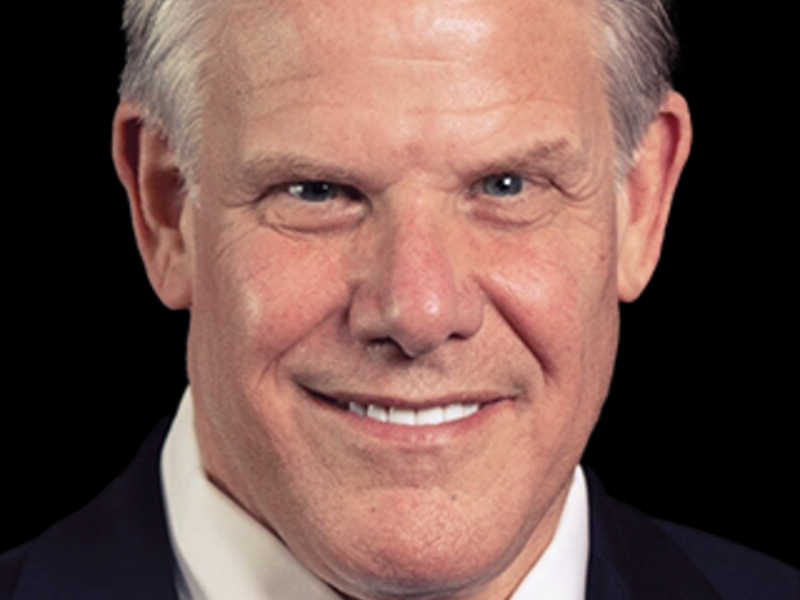
@ShahidNShah


For almost two years, the relentless battle to fight COVID-19 has strained our healthcare workforce and healthcare system like never before. Just before the holidays, we had tallied more than 51 million total cases of COVID-19 in the U.S. and more than 800,000 deaths. Throughout the pandemic, hospitals and health systems and their teams have stood strong on the front lines.
However, stress, trauma, burnout and behavioral health disorders among our caregivers are at historic levels. A 2021 survey found almost 60% of healthcare workers reported impacts on their mental health during the COVID-19 response. Our nation simply does not have enough clinicians to care for patients today and not enough are in the training pipeline for the future. Further, the health and well-being of doctors, nurses and all healthcare workers is on an unsustainable path.
Workforce shortages have a direct impact on patient care. While hospitals always prioritize critical services like emergency departments and intensive-care units, patients may experience longer wait times to receive care. These delays could lead to additional emergencies or medical complications. The overwhelming challenge of sustaining the healthcare workforce predates the pandemic. America will face a shortage of up to 124,000 physicians by 2033 and will need to hire at least 200,000 nurses per year to meet the increased demand and to replace retiring nurses.
There also are critical shortages of allied health and behavioral health professionals, especially in historically marginalized rural and urban communities. A recent analysis shows there will be a shortage of up to 3.2 million healthcare workers by 2026. These shortages combined with an aging population, a rise in chronic diseases and increased behavioral health conditions all contribute to a national emergency that demands immediate attention from healthcare leaders and policymakers at every level of government.
Continue reading at modernhealthcare.com
As we near year two of the COVID-19 pandemic, health systems and physicians continue to face added stress and burnout. And now with the Delta-Omicron variant tag team, many health systems are bracing …
Connecting innovation decision makers to authoritative information, institutions, people and insights.
Medigy accurately delivers healthcare and technology information, news and insight from around the world.
Medigy surfaces the world's best crowdsourced health tech offerings with social interactions and peer reviews.
© 2025 Netspective Foundation, Inc. All Rights Reserved.
Built on Apr 30, 2025 at 4:13am